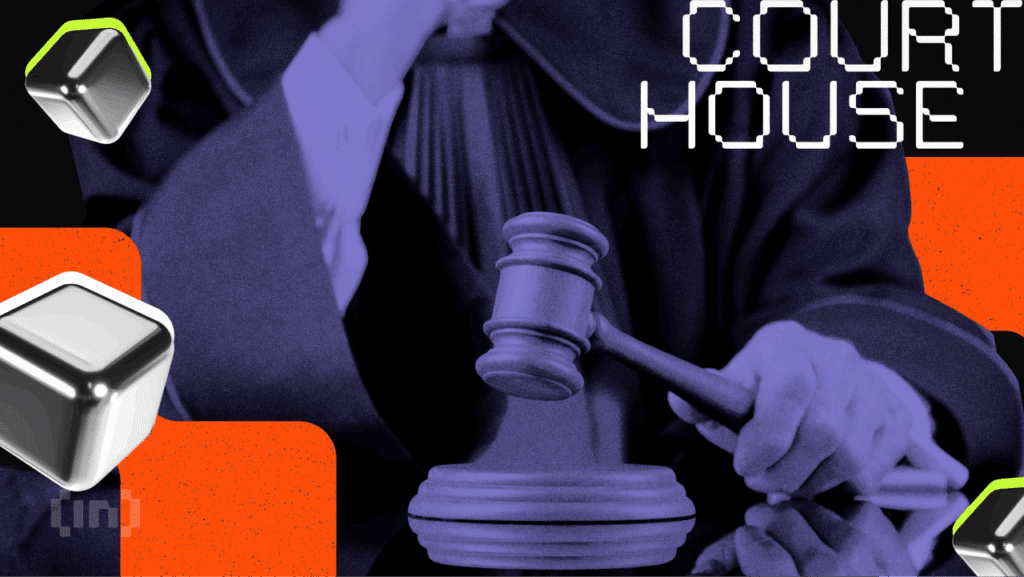The ju judge began to deliberate the guilt and innocence of the founder of tornado cash, Rome Storm, as both parties had their final discussion. This important case can have a serious impact on cryptographic privacy.
The defense essentially argued that Storm’s commitment to privacy was preventing him from using software to take aggressive action against criminals. Prosecutors alleged that he indirectly benefited from illegal use cases.
Tornado Cash Trial Recap
The trial of Roman Storm, the founder of Tornado Cash, has been ongoing for several weeks, but is now in the final stretch.
Prosecutors tried to connect the tumbler to offshore hacking and eliminate defense witnesses, but this week Storm’s lawyers took the initiative. Today, both sides submitted their final discussion:
“When (Roman Storm) learned that the FBI knew (about his activities), what he said was: He ran a tornado as a money laundering business.
The DOJ has been extremely aggressive in its closing statement, repeatedly claiming that tornado cash is fully aware that international criminals have used it for money laundering. Certainly, the platform did not collect user data, request fees, or take control of funds.
However, the DOJ pointed out some concrete examples of Storm and other executives playing this “rebel” image.
Look at his t-shirt. Can you imagine a better way to promote your money laundering business than a washing machine t-shirt? They might say it’s a joke. There’s nothing interesting about money laundering,” added Gianforti.
The defense, in that part, vehemently challenged this characterization and called for fraud. Earlier in the week, Storm’s lawyers alleged that the DOJ was discouraging the witnesses of the Tornado Cash star.
Today they alleged that Storm and Associates tried to create privacy software that was not engaged in the plot.
On several occasions, prosecutors argued that the Rome storm could do more to discourage illegal activities with tornado cash.
However, defense argued that privacy is the overall point of service. Storm’s lawyers challenged the notion that he showed criminal intent by maintaining user end encryption, pointing to several instances of him being wary of illegal activities.
“This software protocol was not illegal in itself. (Prosecutors) say he could have been able to be that he was not proof of intent. But the point of tornado cash was privacy. He said, “Am I a tornado cash criminal?” It’s not a criminal Googler, “Am I a criminal?” Storm’s lawyer David Patton argued.
To make it clear, Patton admitted that Tone, the token of Torned Cash, brought financial returns. The Roman Storm was aiming to make financial profits from the platform, due to the time and effort it would cost him.
But Patton argued that it’s not illegal to want to make money. He argued that the actual monetization path of the platform is legal.
The prosecutor ended by urging the ju judges to “not take bait” and to find the storm’s guilty. The ju apprentice has begun deliberations and is expected to pass a verdict within this week.
After a fierce final debate first appeared in Beincrypto, the Post-Roman Storm Tornado Cash Trial is approaching a verdict.


